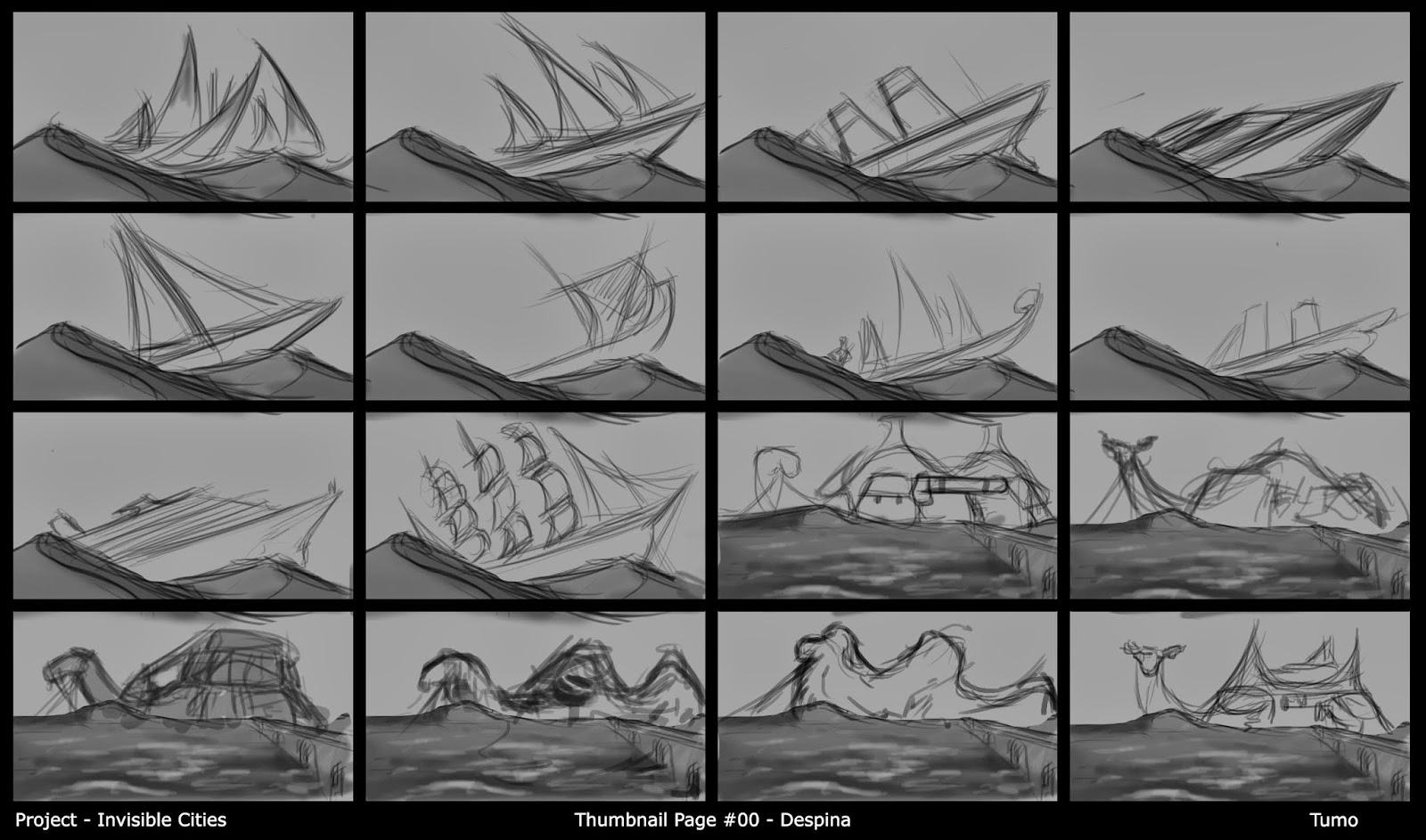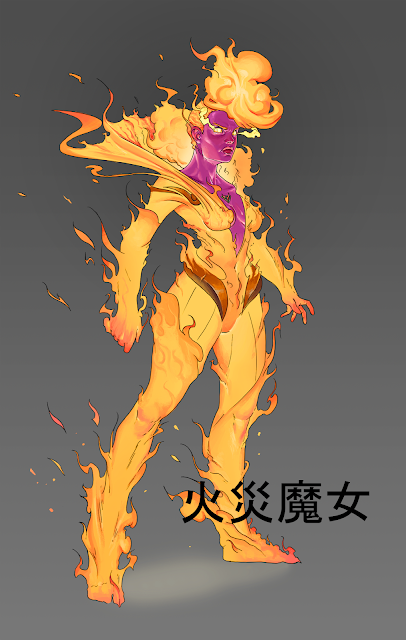Metropolis Review
Metropolis Review:
Directed by: Fritz Lang
Year of release: 1927
fig.1
In a world with an ever growing rift between the rich and the poor never has there been a time when this movie could prove more relevant. This iconic film shot in 1927 depicts a utopian appearing society that hides a big secret, that all its technological advancements are from the backs of poor huddled masses who are virtually slaves to the beast that is their society.
The People:
In it opening moments the viewer is treated to the splendour of Metropolis but soon after in our first shot of the people who supposedly live in Metropolis we a shown two groups of men all dressed in dark grey looking down at the ground. One group of men was coming out of a dark tunnel the other group was about to enter, and what separated the two groups men were large iron bars. I took this as a metaphor for the forced modern day slavery that is our capitalist society, which has become so sophisticated that it managed to run twenty-four hours a day and without being seen by the minority upper class.
The people also seem to display very sheepish behaviour often simply agreeing to whatever one individual would say this would later prove to be one of their greatest faults as when being led by Robot Maria (portrayed by Brigitte Helm) during their revolution their former supervisor tries to inform them not to destroy the machines as it would flood their underground city, but because their currently leader Maria told them otherwise the people blindly did her bidding with none of them even so much as pausing to consider if what their supervisor said could possibly be true. Rather than accepting the consequences of their actions after this another man felt it best to shift blame from themselves to their former leader and again blindly followed disregarding earlier statements that the former leader was a robot and not the prophet they once knew.
Freder:
fig.3
We are introduced to Freder as the well off son of the ruler of Metropolis. In the opening few moments we see that Freder is somewhat of a playboy living in his perfect utopian world surrounded by Greek statures of the Gods in his Colosseum, Eternal Gardens and lavish clothing he even had the pleasure of being 'entertained' by various girls each day shown by the words of his personal butler “Which of you ladies shall today have the honour of entertaining Master Freder, Jon Fredersen's son?” This phrase shows that those who were in a place of power in this society were somewhat deified as it could bring honour to one to simply entertain them. Freder then proceeds to pick one out of the crowd of scantily clad women and just as he's about to cement the image of a philandering son of a tyrant and make us lose all hope in our would be hero he stops as Maria bursts into the scene. This scene would be very crucial because it would show the audience how he was so that we would be able to get a sense of the amount of personal gain that Freder would make during the film he would also shake off the title 'son of Joh Fredersen' as the movie went on and begin to carve his in path. The statement made by the butler also reflects onto modern society as well because too many times do we place the offspring of the great into that position as well without them ever having to prove their own self-worth. Many Hollywood children are now using their parents fame and fortune to help boost them in their career plans even though they may not be as skilled but many of us will go out and watch their performances because they are the son/daughter of an A-list celebrity.
The growth shown by Freder in this film is also rather astounding and at times baffling on the surface one would assume that seeing Maria and hearing her speech about how the poor children were the brothers and sisters of the rich, but when you look at it deeper his entire change in persona could have been caused by one simple human emotion: lust. One could say that after he saw Maria he was infatuated by her and that he knew that he wouldn't be able to get her by waiving his money in her face like he did the other women in his life. So he simply changed his attitude towards the people that lived in the underground city to suit his current needs. One could say that every act he undertook during the film was just to gain her trust and to make her feel like he was not like his father, despite the fact that looking at him you would see him as a twenty-something who was probably being groomed by his father to take over and would have already known about the underground city and the conditions the people lived in.
Maria and Robot Maria:
fig. 4
This strong outspoken character was portrayed perfectly by actress Brigitte Helm. Her performance as Maria was one that left little little to be desired. This character managed unite the people of the underground city into believing that one day a messiah would be born who would help bridge the gap between as she called it “brain and hand” which would become a repeating theme throughout the movie.
Her portrayal as Hel Maria:
Hel Maria or Robot Maria is Maria's perfect opposite. As her name would suggest Hel Maria was designed for one thing and one thing only and that was to bring he onto the world the Joh Fredersen had created and to bring out the worst in the people of Metropolis. Dr Rotterwang recreation of Hel eventually leads to him helping to bring Hell on earth. This robot version used many techniques to gain loyalty in the people around her but the largest ones of all were being a demagogue to the people of the Underground City and to be a sex object to the animalistically depicted men on the surface. These techniques would later be used in WWII by the then Nazi Leader Adolf Hitler and the use of sex to sell her ideals would continue to be used deep into the future as shown by modern advertising and media.
Religious symbolism:
fig. 5
Throughout the whole film there is a lot of religious symbolism after Freder decided to explore the Underground City he then follows the crown even further underground down a flight of stairs into a large open room with a single alter. This alter is adorned with many Christian crosses all of different sizes and all facing somewhat different angles. Then in comes Maria and she reads some text that comes from the bible about The Tower of Babel (Genesis 11:1-9) which spoke of a people that spoke one language but could not understand one another and how because of this breakdown of communication the tower was never completed. She presents these stories as a sort of preacher too the people and kept on reminding them to wait until the 'heart' who is essentially the messiah of her story to show up so that there could be more of a link to Joh Fredersen who is practically the god of the world they live in as he controlled their very lives.
There is even more symbolism when we finally meet Hel (see fig. 5), besides her name being a homonym for the place of eternal damnation he is shown very early on sitting on a black chair in her own room with light shining form beneath her and behind her being a pentacle which is considered a satanic symbol by many Christians. She would live up to her name by nearly bringing about the destruction of Metropolis.
Within the movie there is also clear reference to the seven deadly sins all with the exception of sloth. I had deciphered what each character was meant to represent on this scale judging by their actions: Freder was lustful and was always seeking the company of a woman, his father Joh Fredersen was greedy and prideful displayed by his ease in being able to fire Josaphat and curse him to living in the city underground and also his reluctance to shake the hand of one of the common workers at the end of the film. The people who lived in the Underground city represented envy because all they could ever do was be envious of people in power but would never be able to take any direct action themselves to change their position. Wrath was portrayed by Dr Rotwang who was still angry and spiteful over actions that had happened over twenty years ago by Joh Fredersen and gluttony was represented the men who lived in Metropolis not only did the exhibit heavy lust when Hel Maria performed before them but they also lived in a world of excess never really having to struggle for anything and enjoying the pleasures of life.
Illustration List:
Figure 2 : From Metropolis (1927), Fritz Lang, [Film still], Germany
Figure 3 : From Metropolis (1927), Fritz Lang, [Film still], Germany
Figure 4 : From Metropolis (1927), Fritz Lang, [Film still], Germany
Figure 5 : From Metropolis (1927), Fritz Lang, [Film still], Germany
Bibliography:
(Roger Ebert, 2010)http://www.rogerebert.com/reviews/great-movie-metropolis-2010-restoration-1927
(Berger 2013) http://gutenberger.ro/2013/10/metropolis-ein-film-und-seine-zeit/
http://www.philfilms.utm.edu/1/metropolis.htm
Genesis 11:1-9, The Holy Bible: New International Version



Hi Tumo,
ReplyDeleteOnce again, you have made some really valid observations in this review. Rather than segregating the various topics under their own headings, try and integrate them into the piece of writing as a 'whole'. This is where quotes come in handy - you can use them to link themes or ideas in your writing.
I see from your bibliography that you have used a couple of sources to back up your discussion, but it is not clear which parts are attributed to Ebert and Berger. Have a look back at my previous comment for details on using quotes, and how to reference them correctly.